Buhari Death Conspiracy From truth or cover up
Buhari death conspiracy maybe a lifetime mystery that will stick in the heart of Nigerians in a long run
On the evening of July 13, 2025, at 4:30pm, the former President of Nigeria, Muhammadu
Buhari’s death was announced following a prolonged illness, causing something to shift in the
hearts of most civilians throughout the country.
Muhammadu Buhari was a former military ruler, twice-elected president, and one of the most
polarizing figures in Nigeria’s modern political history was said to have passed away in London.
For a while, it appeared that the country had begun adjusting to the new President of the
country, but upon the news of the former President’s death, the weight of everything that had
happened in the past during his tenure came rushing back.
Headlines have continued to confirm the news that Buhari had died after battling a long-term
illness abroad. And just like it’s in the habit of the government to leave out the facts surrounding
his death, they issued a short, respectful statement and that was it.
But while tributes have been pouring in from those close to power, and those outside the
country, some of whom called the late President “an upright and disciplined man”, the reaction
on the streets of social media has been different.
The conversations going on weren’t just about his death. That would be too easy. Instead, the
tweets, posts, and comments trending are about what his death now meant, what it confirmed,
what it reopened, and what it could no longer cover up. This is because for many Nigerians,
Buhari’s passing didn’t feel like a surprise.
It felt like a delayed announcement. Even though it
seems like millions of Nigerians were secretly praying for him to die—yes, the first post of a
popular Nigerian-American blogger known as Tunde Ednut concerning the news got over six
thousand comments in just 11 minutes. So if you ask me, that’s pain right there.
However, that isn’t the case. The real question we’ll be focusing on in today’s video is one that
had been clouded by years of silence, denial, and suspicion:
What if Buhari had died years back just like Nnamdi Kanu said? But before we dive or look
deeper into that, and before we uncover some truths that’s been exposed upon the death of the
former President, let’s start from the beginning. Where and how did it all begin?
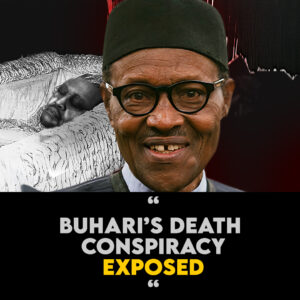
How It All Began
Muhammadu Buhari’s political story is one of the most unusual in Nigeria’s history. He didn’t just
wake up overnight and rose through the ranks of finding himself at the highest seat of power in
Nigeria. No, he was a man who ruled Nigeria twice. First as a military dictator, then as a civilian
president, 30 years apart. And it wasn’t just that he came back, it was how he did it.
Buhari went from leading a military coup in 1983, toppling a democratically elected government,
to becoming, in 2015, the first opposition candidate in Nigerian history to defeat an incumbent
president through the ballot box.
This shift, from gun to ballot, from uniform to agbada is what made Buhari such a polarizing and
very famous figure.
This is how it unfolded.
At the end of 1983, Nigeria was in chaos. The civilian government under President Shehu
Shagari had lost public trust. There were widespread reports of corruption, mismanagement,
and economic decline. The naira was crashing. Civil servants were going unpaid. Inflation was
equally rising fast. Let’s just say all the bad things happening to Nigeria at once.
watch video here
Then in the early hours of December 31, 1983, Nigerians woke up to find that the military had
taken over. And that the new Head of State was Major-General Muhammadu Buhari. But it’s
fine, there was no need to panic. Until there was a need to panic.
Now, Buhari didn’t waste time making his message clear. The military announced that it had to
“clean up the mess” the politicians had made. And with that, the regime rolled out one of the
most rigid and controversial rulebooks Nigeria had ever seen.
They called it the War Against Indiscipline (WAI). This compelled soldiers to line up citizens on
the streets and where they made them kneel for littering, for arriving late to work, and for
forming disorderly queues. Journalists were jailed. Politicians were also tried in military tribunals
and thrown in jail with long sentences, often without proper legal procedures. It was
authoritarian rule, pure and simple.
He shut down media houses, passed decrees that gave his government sweeping powers. A
famous example is Decree 4, which made it a crime for journalists to report “false information”,
but even true information could be punished if it was considered embarrassing to the
government. But his time in power was short-lived.
By August 1985, just 20 months after seizing control, Buhari was overthrown in another coup,
this time by his close ally and Chief of Army Staff, Ibrahim Babangida. The reason given was
that Buhari was too rigid, uncompromising, and his economic policies were too harsh on
ordinary Nigerians.
After that, Buhari disappeared from frontline politics. But that wasn’t the end of his story.
Buhari’s Return To Politics As A Converted Democratic
Fast forward to the late 1990s. Nigeria had returned to democracy in 1999 after years of brutal
military rule. Buhari, now older and quieter, began to resurface, but this time in civilian clothing.
In 2003, he contested for president under the All Nigeria Peoples Party (ANPP) where he lost to
President Olusegun Obasanjo. In 2007, he tried again and lost. In 2011, yet again, but he lost.
Even though it appeared that he’s losing, people didn’t notice that with each loss, Buhari’s
support grew stronger in the north, but he struggled nationally because many remembered his
military past, and they feared he was still that same iron-fisted general in disguise.
But by 2015, everything had changed.
Given that the country was tired at the high level of corruption, the devastating level of insecurity
under the weight of Boko Haram attacks in the North-East, and the shaky economy, the public
decided to cast their frustration on President Goodluck Jonathan. Upon noticing this, the
opposition parties did something unprecedented. They merged, thereby forming the All
Progressives Congress (APC) and choosing Buhari as their candidate.
This was the comeback of a lifetime for him.
Buhari, now in his 70s, reinvented himself as a “converted democrat”. His campaign promised
change. His team included both old loyalists and new, younger, modern figures. They used
social media. They targeted youth. They promised to fight corruption, fix security, and bring
discipline back to governance, but this time within democratic limits.
And guess what? It worked!
In March 2015, Buhari defeated incumbent President Goodluck Jonathan. This marked the first
time in Nigeria’s history that a sitting president lost an election and peacefully handed over
power.
In 2017. Buhari, then in his second term as president, quietly left the country and headed to
London for medical treatment. It wasn’t the first time he’d left for health reasons, but this trip
stood out because of how long it lasted.
Weeks turned into months. The updates were vague.
No press conferences. No public appearances. No interviews. Just secondhand assurances
from his social media handlers saying things like: “The president is resting,” “He is responding to
treatment,” “He’ll return soon.”
Then came the turning point:
Nnamdi Kanu, the leader of the Indigenous People of Biafra (IPOB), stepped forward with a wild
claim. He said Buhari had actually died in London, and that the man Nigerians were seeing now
was not Buhari at all, but a body double from Sudan named Jubril. A stunt, he said, to keep the
system running while hiding the truth from the people.
The shocking part of it was that rather than immediately shutting down the rumor with
transparency and clear evidence, the government remained quiet. No medical records were
shown. No regular addresses from Buhari to prove his presence. And for nearly two years, the
rumour was left to grow. And by the time Buhari finally made a brief remark “I am the real me”,
just a year toward the next election, it was too late.
Why? Because people weren’t looking for confirmation. They were looking for closure. And his
short, vague denial only made things worse. Not to deny the fact that his ears in the two
different pictures are not the same.
The Late President’s Short Comings
The former President’s wife took to social media to beg Nigerians to forgive her husband’s
shortcomings. In her words, she said:
“Since he resigned from power the word he always told me whenever we talk is, if he dies
before me, I should send his message to Nigerians to forgive his mistakes in his leadership
being a human being who does wrong and wrong.”
One of the striking replies to this came from Sowore, who said:
Muhammadu Buhari slaughtered hundreds of Shiites, men, women, and even children. He
ordered soldiers of the Nigerian Army to open fire on peaceful #EndSARS protesters waving the
Nigerian flag. He “disappeared” Dadiyata. He ordered the massacre of young Southeasterners
he branded IPOB.
He disobeyed court orders, jailed critics arbitrarily, destroyed the economy,
and ruined everything he touched. And now, because he’s dead, some people with selective
memory want us to mourn or worship him? Shameful. NO, we do not mourn tyrants. We
remember their victims.
On the day Buhari’s death was announced, activist and former presidential candidate Omoyele
Sowore reignited a debate when he made a bold claim: Nigeria had been spending £3,000 per
night on President Buhari’s medical care in London until his final breath.
This was not the first time such a figure had been mentioned. But coming at the moment of the
president’s death, shows the height of fresh anger, reflection, and confusion among many
Nigerians.
Since 2015, Nigerians had grown used to their former president disappearing for weeks,
sometimes or months on end, often without clear explanation.
Buhari’s most notable absence came in 2017, when he spent over 100 days in London receiving
treatment for an undisclosed illness. In all those instances, the same question lingered: Who’s
paying for all this?
Government officials would often say the president was entitled to treatment anywhere he
chose. But no detailed breakdown was ever presented to the public, and the expenses were
tucked into vague budgetary allocations such as “State House Operations” or “Medical
Services. ”There was no transparency whatsoever.
Then, reports started circulating that the private hospital suite in London where Buhari was
being treated cost Nigeria £3,000 per night. That’s over ₦6 million at the average exchange
rate, and that was just for accommodation. That figure didn’t include the doctors’ bills, travel
costs, presidential security, feeding, logistics, or the expenses of aides and delegation members
who often accompanied him abroad.
Now, if this amount had indeed been charged nightly up to his death, it suggests that for months
or even years, the Nigerian government was silently spending tens of millions of naira daily on
someone who wasn’t performing public duties, wasn’t making national appearances, and hadn’t
addressed the people in any capacity.
So, was Buhari still officially alive only on paper while the nation covered the bills? Was the
presidency hiding the truth to maintain control or avoid panic? Why was such a costly medical
arrangement being funded by taxpayers in a country where public hospitals were collapsing?
Isn’t this especially painful for many Nigerians who cannot afford basic healthcare?
In some cases, citizens died from minor illnesses because public hospitals lacked drugs, power supply,
or oxygen. Yet, the leader of the country could fly abroad at any time and be treated in a luxury
suite on public funds without explanation, without accountability.
In most democracies, a sitting president’s health status is considered a matter of public interest,
not a private affair. When a leader falls ill, the public is kept informed. Medical bulletins are
issued. Plans for continuity are made clear. But in Buhari’s case, Nigerians got silence.
Sowore’s claim about the £3,000 per night cost is not just about money. It’s about the broken
relationship between the government and the people. It’s about a nation that was forced to pay
for something it never got in return which was leadership.
As the Buhari chapter closes, this remains one of the most painful reminders of how those in
power can live far above the people they serve, while the very citizens footing the bill are left in
the dark.
Former President Muhammadu Buhari died on 13th July, 2025 of blood cancer in a hospital in
London.
He was 82 years old.
May his soul rest in peace.
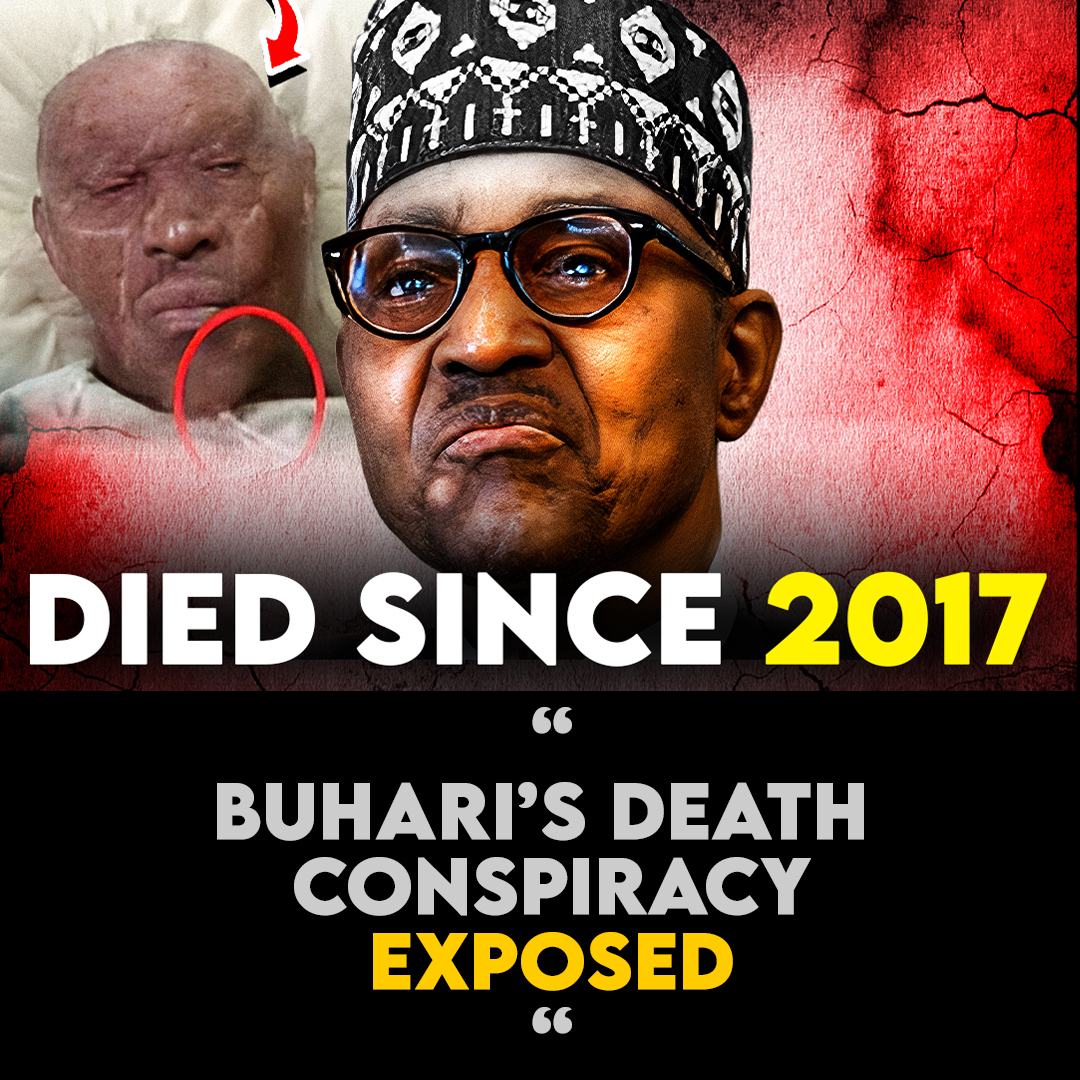
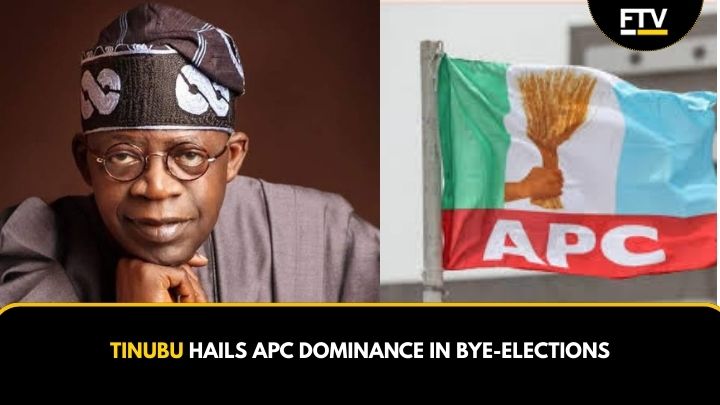







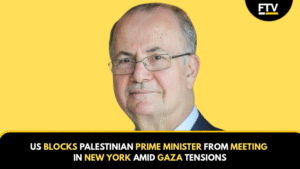

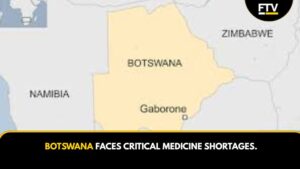


Post Comment